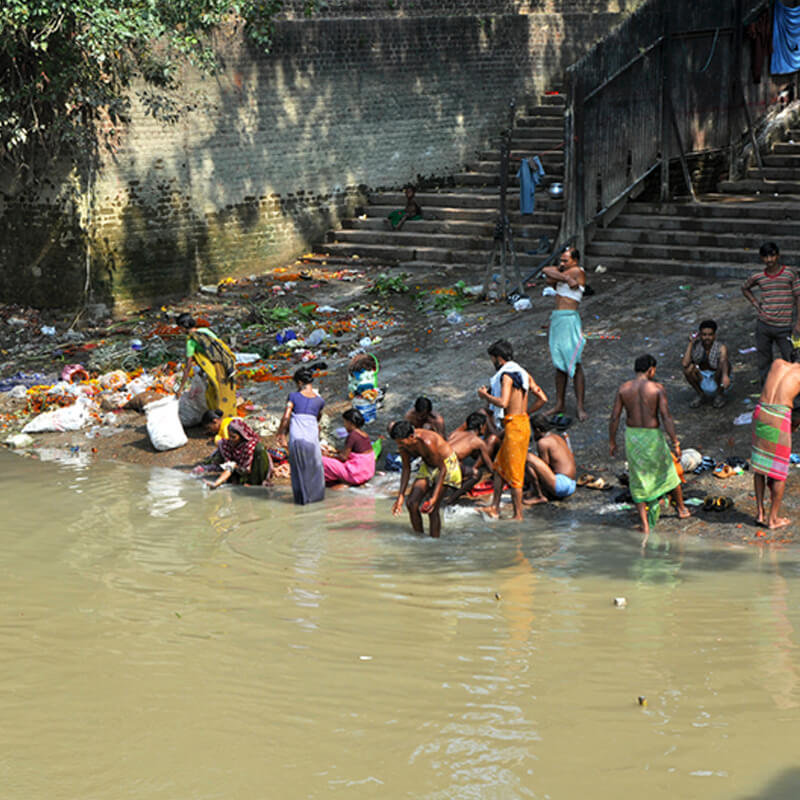
The Sustainable Development Goals are a collection of 17 global goals designed to be a "blueprint to achieve a better and more sustainable future for all". SDG 6 promotes a comprehensive approach to good health and well being. (Targets and Goals of SDG6: https://sdgs.un.org/goals/goal6). Some Top NGOs like Child Help Foundation (CHF), support treatments to the ones who need urgent medical treatment, initiate programmes and promotes activities which are aligned to the UN SDG goals. Child Help Foundation support campaigns and organizations working in this domain and appeal to people in assisting us in making India a “Hygiene focused nation”.
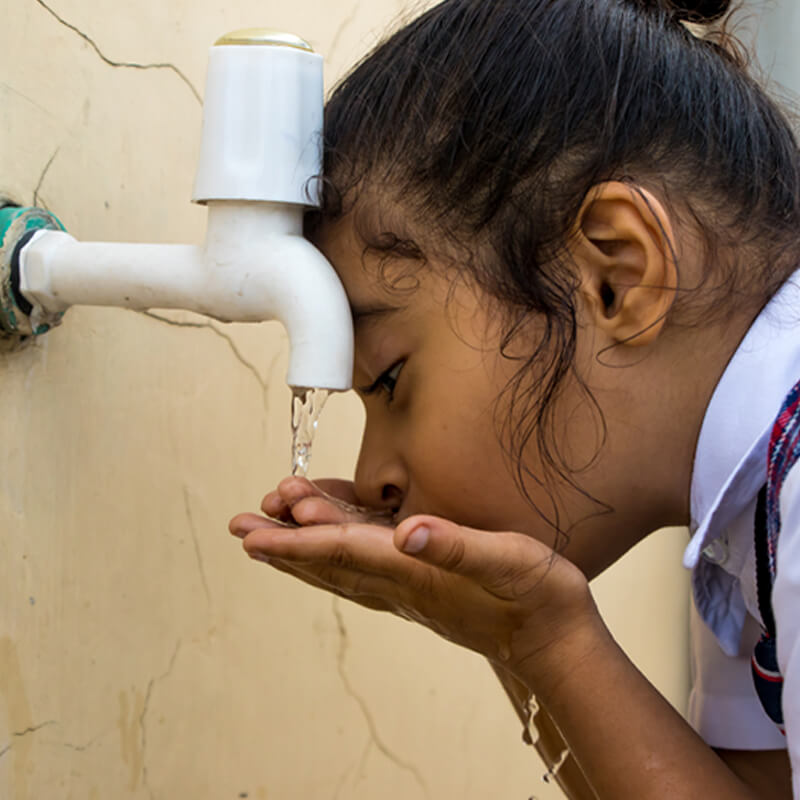
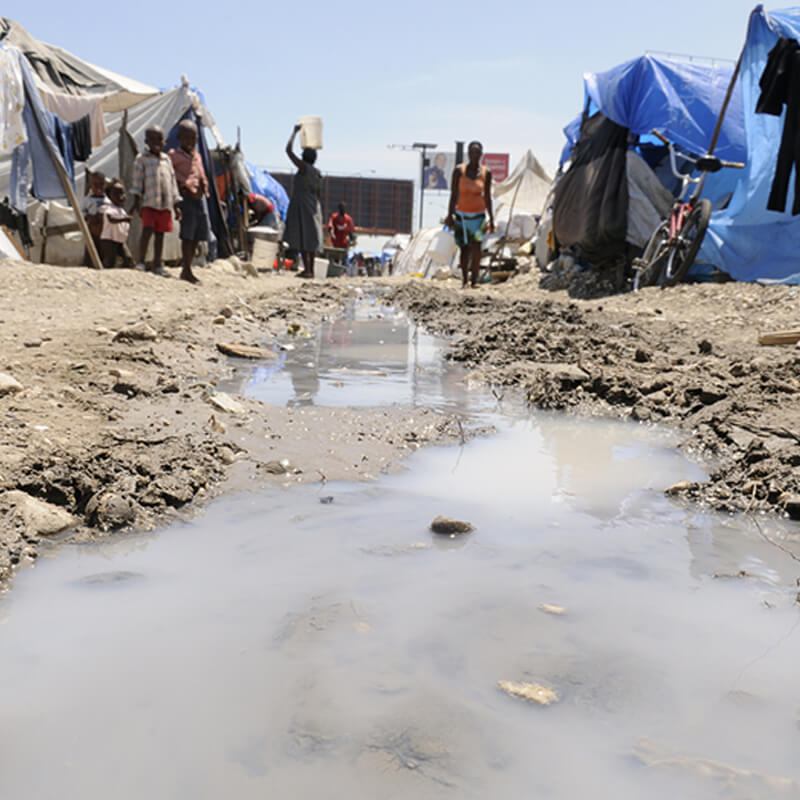
Drinking water every day is the most essential key to one's health and well being. The human body is composed of 60-71% of water. Water helps in functions of these bodily fluids and improves metabolism, absorption, digestion, circulation, creation of saliva, transportation of nutrients between the cells, and maintenance of body temperature.
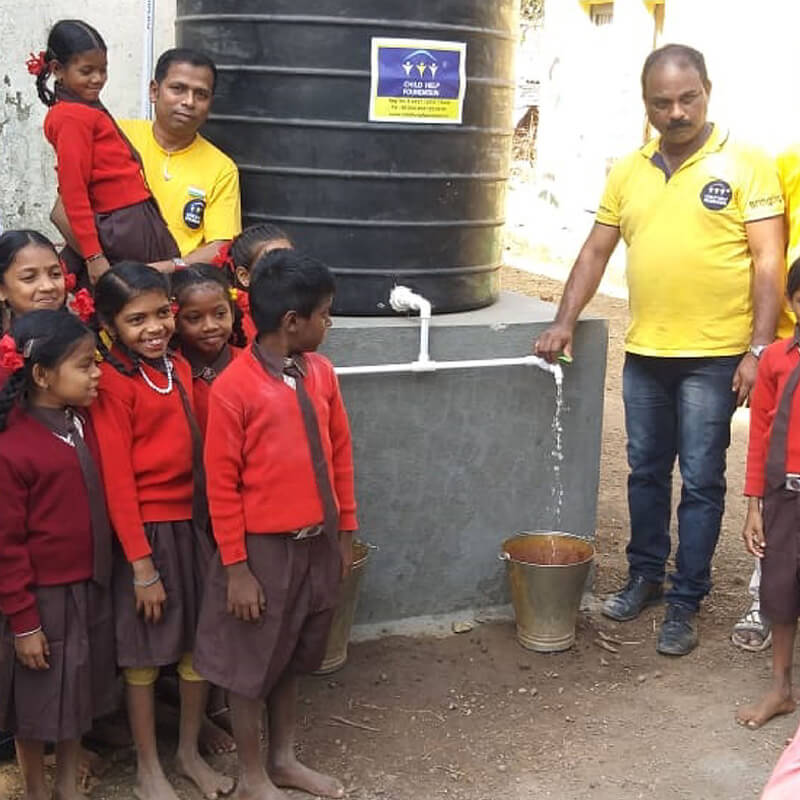
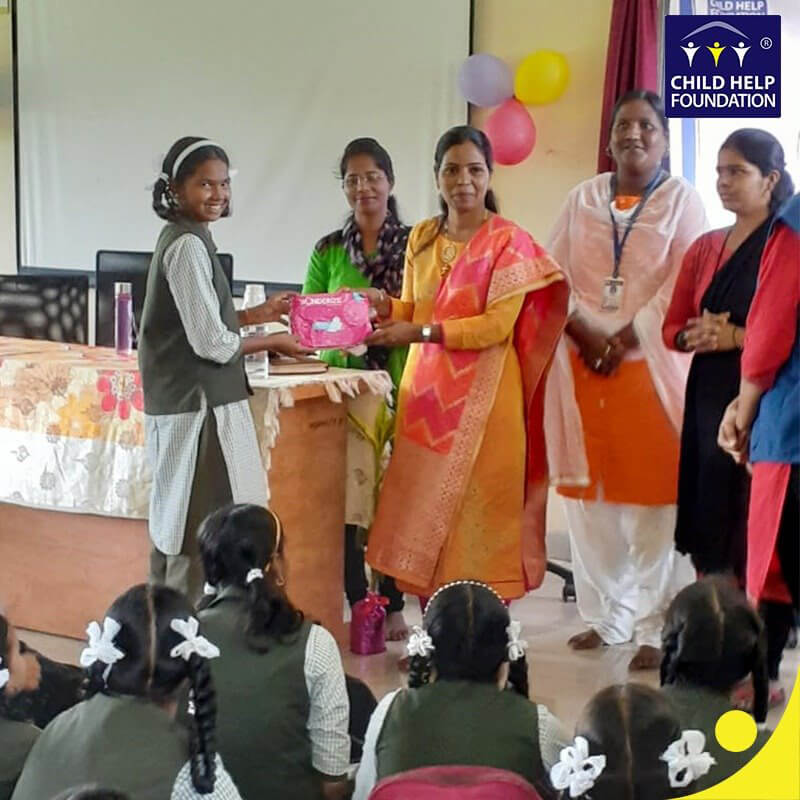
Child Help Foundation ensures that the toilets built by them have some kind of management to ensure that they continue to be clean after the usage by keeping it hygienic and odour-free. In the case of school premises, it requires combined efforts of school teachers, students and parents. The maintenance plan comprises a toilet kit maintained by school administration where they are constructed. Child Help Foundation encourages the students and community people on the use of toilets regularly and creates enough awareness of the sanitation and hygiene components. Oaths are taken by students to keep the toilets clean.
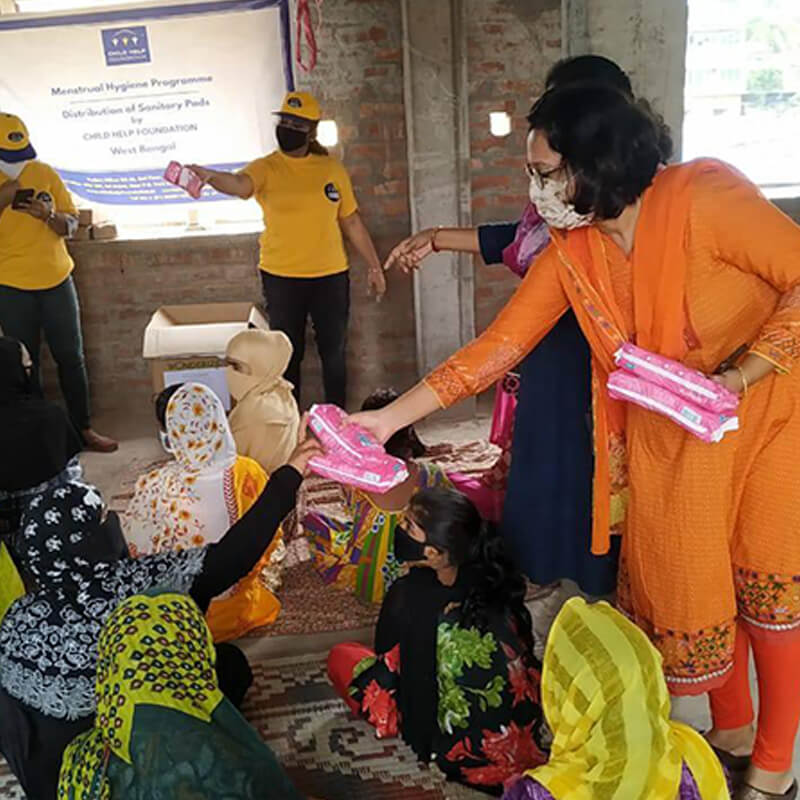
Without developed sanitation, people have no choice but to use inadequate public toilets or to practise open defecation. For women and girls, finding a spot to go to the toilet outdoor, often having to wait until the cover of darkness or before the sunrise, can leave them vulnerable to abuse and sexual assault. The practice of defecation before the sunrise is still followed in the rural areas which were one of the major talked topics after the movie release "Toilet: Ek prem Katha" (starring: Akshay Kumar and Bhumi Pendekar) - the fact that these topics are essential to discuss out in public and then work on is one of the most important steps in creating a safe, hygienic place for the public especially women.
Menstrual hygiene management (MHM) is an important aspect of sanitation and health for women and young girls. Despite being a critical issue concerning women and girls in the menstruating age group MHM is often neglected. Menstruation and menstrual practices still encounter many social, cultural, and religious limitations which are a big hurdle in the path of menstrual hygiene management. In many parts of the country particularly in rural areas, girls are not prepared and informed about menstruation so they face many difficulties and challenges at home, schools, and workplaces. Young girls in rural areas feel considerably safe and comfortable when there is a separate toilet for girls. This also reduces the absenteeism of girl students in the school and they can concentrate on studies and other regular school activities rather than being uncomfortable or being at the risk of ridicule. In the direct environment, the exposed faecal matter will be transferred back into people’s food and water resources, causing to spread serious diseases such as cholera. Beyond the area, the lack of sufficient waste disposal or sewerage methods can pollute ecosystems and add to disease each can become an epidemic.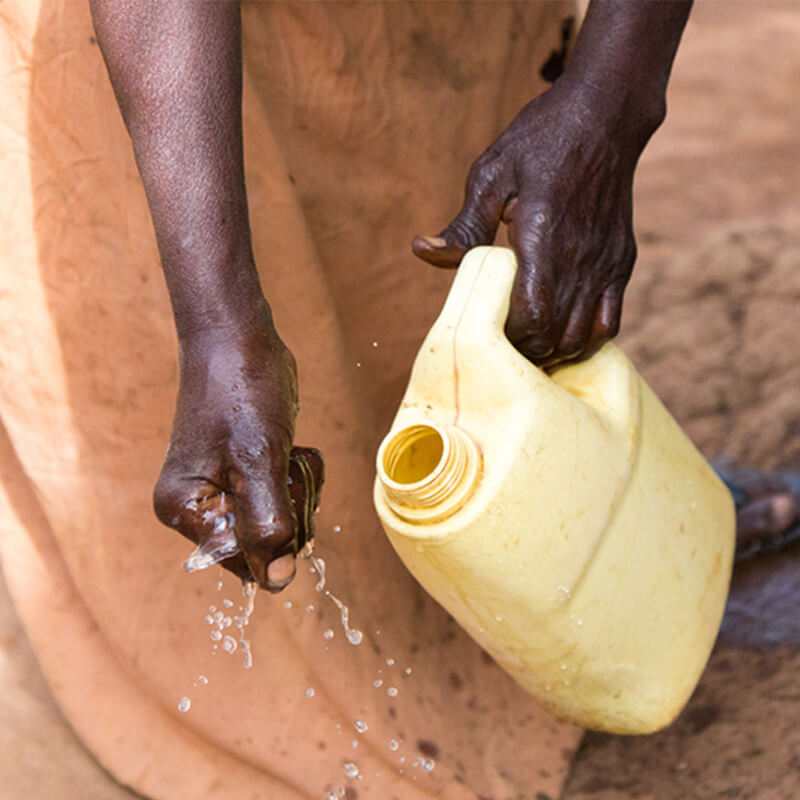
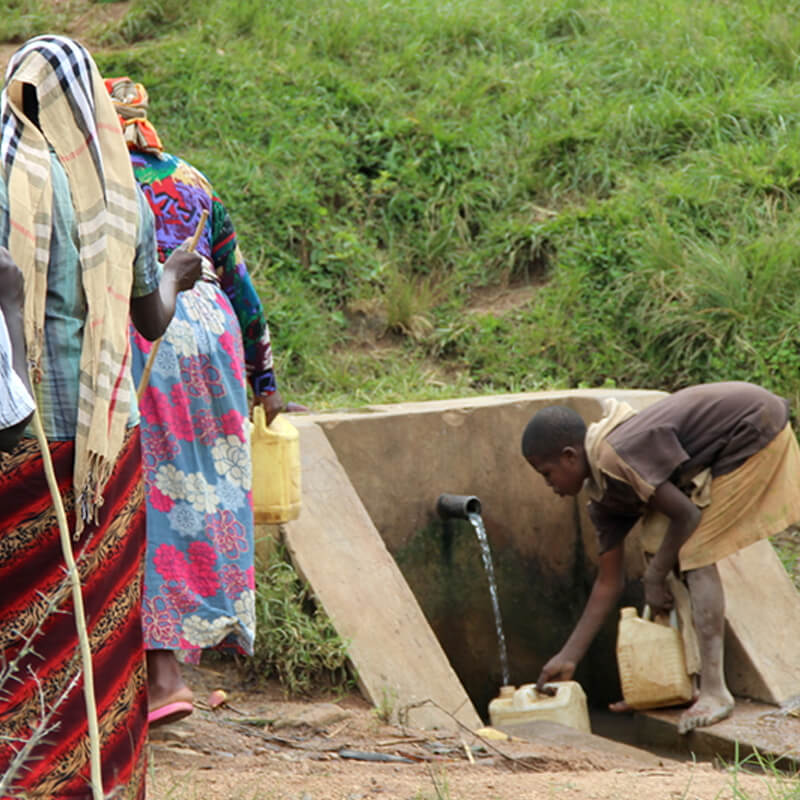
In some parts of the world, there is little or no awareness of good hygiene practices and their role in reducing the spread of disease. However, it is usually the fact that even when people do have an understanding of good hygiene behaviour, they lack the sources like soap, safe water, clean and sanitized toilets and washing facilities. When the facilities are made available, it becomes even more critical to follow good hygiene practices to avoid the ill effects related to the lack of it.
Water, Sanitation and Hygiene ( Collectively called WASH ) has got the benefits of avoiding dehydration and unhealthy immune systems. There is a wider positive impact on the socio-economic factors, especially for women and girls. Please go through: Link to get some insights into cases that have brought smiles in the lives of children and their families!